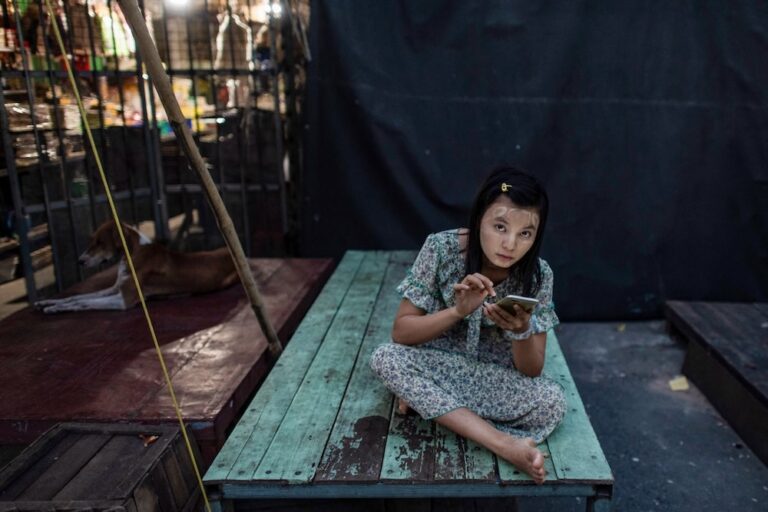(SEAPA/IFEX) – Burma appears to have blocked access to Gmail and G-Talk, two of the most popular Internet applications in one of the world’s most restricted societies. Myanmar Posts and Telecommunications (MPT) – which holds a monopoly over Burma’s postal and telecommunications sector – is believed to be tightening controls over cyberspace as demand for […]
(SEAPA/IFEX) – Burma appears to have blocked access to Gmail and G-Talk, two of the most popular Internet applications in one of the world’s most restricted societies.
Myanmar Posts and Telecommunications (MPT) – which holds a monopoly over Burma’s postal and telecommunications sector – is believed to be tightening controls over cyberspace as demand for information in, and coming out of, the country peaks around the date of opposition leader Aung San Suu Kyi’s 60th birthday and related worldwide campaigns calling for her release from detention.
The Delhi-based Burmese news website “Mizzima.com” is reporting that individual users of Gmail and G-Talk in Rangoon are complaining of a sudden inability to access the popular email and Internet telephony programs. The complaints started after 19 June 2006, when Suu Kyi celebrated her 60th birthday. Gmail users, when attempting to login to their email accounts, were greeted with the words “Access Denied” on their screens, Mizzima reports.
There were reports, however, that the services remain accessible in Burma’s northern town of Mandalay.
Apart from individual users, exiled radio and print news operations are being adversely affected by the apparent ban. Exiled news groups rely heavily on the Internet to get news and information out of Burma, the country with the harshest and strictest media regime in Asia.
BACKGROUND:
Gmail and G-Talk were introduced in Burma two years ago and are increasingly used, even by government officials, because of their large storage capacities and easy user interface.
While radio is most crucial to broadcasting independent news to information-deprived Burmese, the Internet remains the most viable and effective means of accessing information from within the country. The government, however, holds a monopoly over Internet Service Providers, and is known to actively monitor the online behaviour of the Burmese people. Prior to the apparent block on Gmail and G-Talk, other web-based email services, such as Yahoo and Hotmail, were also banned in Burma.


